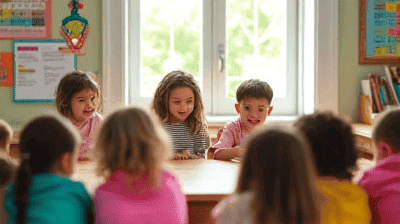
Transitioning from Middle School to High School: What Students Should Expect
The transition from middle school to high school marks a significant milestone in a student's educational journey. For many students, this transition can be both exciting and daunting, as it involves new academic challenges, a different social environment, and increased responsibilities. Understanding what to expect during this transition can help students navigate high school with confidence and ease. This article explores the various aspects of transitioning from middle school to high school, including ac






















































